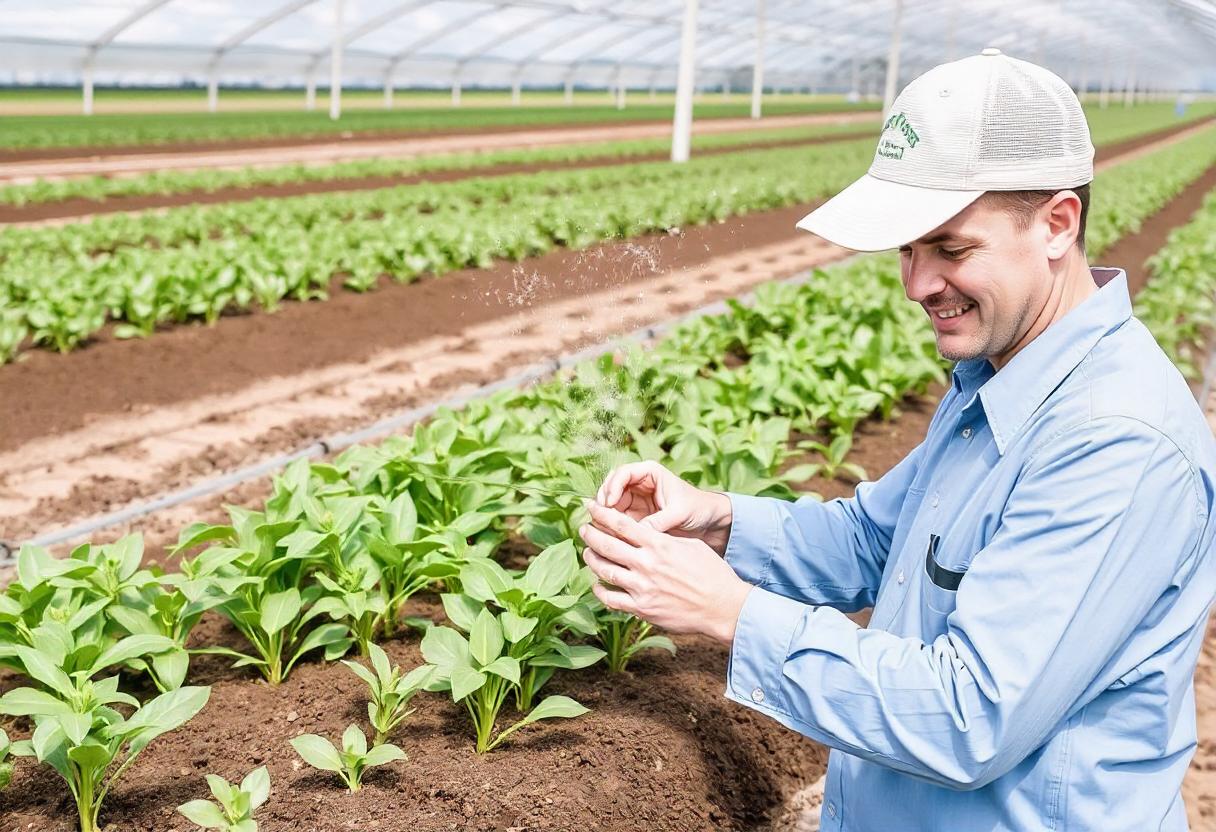
Agriculture, the backbone of human civilization, has undergone a profound transformation over the centuries. Today, with the advent of agri-tech innovations, we are witnessing a new era in food production, distribution, and sustainability. These technological advancements are revolutionizing farming practices and addressing challenges such as food security, climate change, and resource scarcity.
Precision Agriculture
Precision agriculture is one of the most significant innovations in the agricultural sector. It involves the use of sensors, GPS, and data analytics to monitor crop conditions in real-time. This technology allows farmers to make informed decisions about irrigation, fertilization, and pest control, reducing waste and maximizing yields.
Drones and satellite imagery have become essential tools in precision farming. They provide detailed aerial views of crops, enabling farmers to detect early signs of disease, nutrient deficiencies, or water stress. By pinpointing specific areas that need attention, farmers can apply treatments more efficiently, reducing the overall environmental impact.
IoT and Smart Farming
The Internet of Things (IoT) is making farms smarter by connecting various devices and systems. From automated irrigation systems to livestock monitoring, IoT devices collect and transmit data, allowing farmers to manage their operations remotely. This interconnected approach improves productivity and resource management, making farming more sustainable.
For instance, IoT sensors can monitor soil moisture levels and trigger irrigation systems only when necessary, preventing over-watering and conserving water. Similarly, smart livestock collars track the health and behavior of animals, alerting farmers to any signs of illness or distress.
Vertical Farming
With urbanization on the rise and arable land becoming scarcer, vertical farming offers a solution to growing food in limited spaces. This method involves growing crops in stacked layers, often in controlled indoor environments. Vertical farms use hydroponics or aeroponics to provide plants with nutrients and water without the need for soil.
LED lighting technology plays a crucial role in vertical farming, providing plants with the specific wavelengths of light they need for optimal growth. By controlling light, temperature, and humidity, vertical farms can produce crops year-round, regardless of external weather conditions.
Robotics and Automation
Robots are becoming increasingly common in agriculture, performing tasks that were once labor-intensive. From planting and harvesting to sorting and packaging, automation is streamlining the entire agricultural process.
Robotic harvesters, for example, can work around the clock, picking fruits and vegetables with precision. These machines are equipped with advanced sensors and cameras that allow them to distinguish between ripe and unripe produce. In addition, autonomous tractors and drones can perform planting and spraying operations with minimal human intervention.
Genetic Engineering and Biotechnology
Genetic engineering and biotechnology have opened new doors for crop improvement. Scientists are developing genetically modified (GM) crops that are resistant to pests, diseases, and environmental stresses such as drought or extreme temperatures. These crops can help farmers maintain productivity even in adverse conditions.
CRISPR gene-editing technology is another groundbreaking innovation, allowing for precise modifications in plant DNA. This technology can enhance crop yields, improve nutritional content, and reduce the need for chemical pesticides and fertilizers.
Sustainable Farming Practices
Agri-tech is not only about increasing productivity but also about promoting sustainability. Innovations such as regenerative agriculture and agroforestry focus on improving soil health, reducing carbon emissions, and preserving biodiversity.
Soil sensors and drones play a pivotal role in these practices by monitoring soil quality and helping farmers make informed decisions about crop rotation, cover cropping, and composting. By integrating technology with traditional farming methods, sustainable agriculture aims to create a more resilient and environmentally friendly food system.
Blockchain for Supply Chain Transparency
Blockchain technology is being adopted in agriculture to improve transparency and traceability throughout the supply chain. This technology allows consumers to trace the journey of their food from farm to table, ensuring that it has been produced ethically and sustainably.
Farmers and producers can use blockchain to record data about crop growth, harvest, and transportation, reducing fraud and improving food safety.